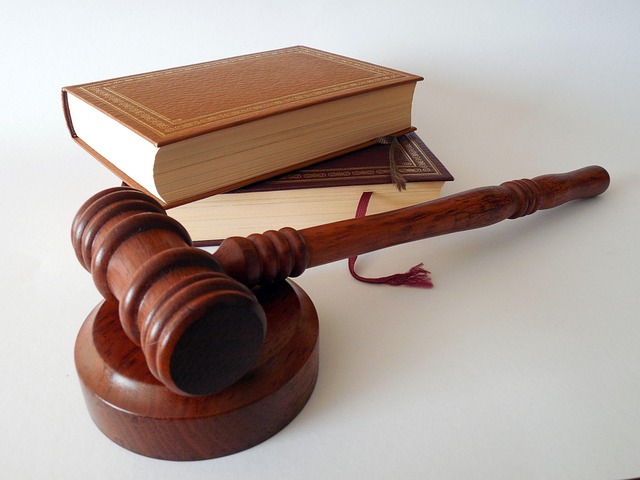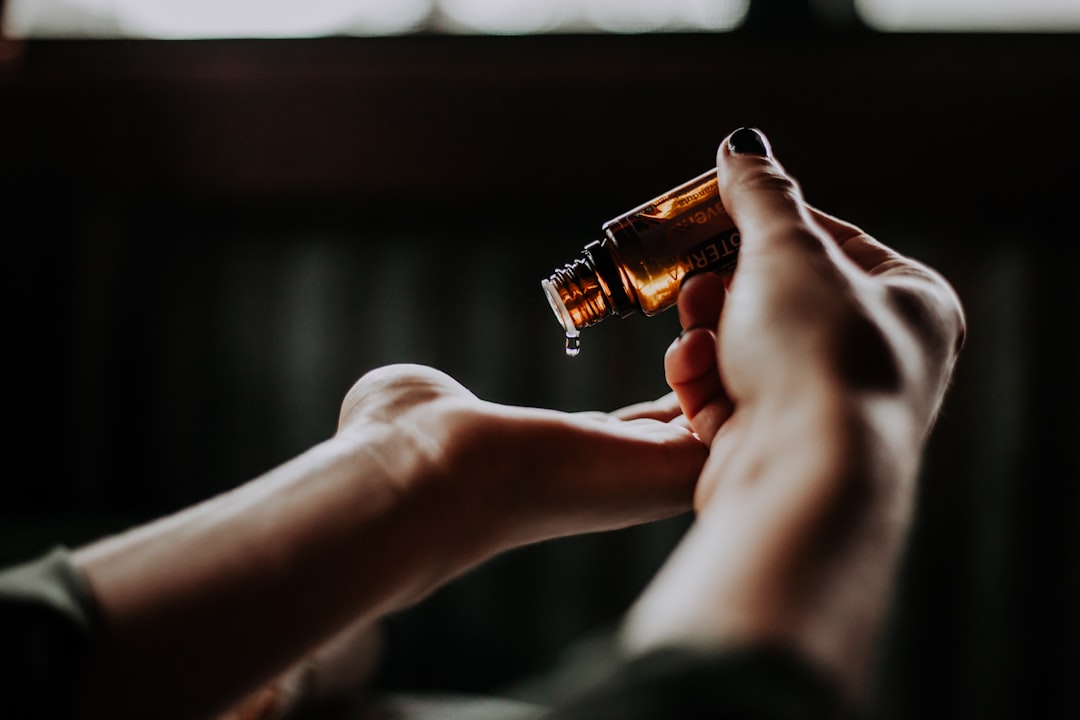Pittsburgh residents must be vigilant against massage abuse, with up to 1 in 5 clients reporting unethical treatment. Key measures include verifying therapist licenses through official channels, maintaining open communication about boundaries and consent, and trusting instincts regarding professional conduct. Massage abuse law firms Pittsburgh PA play a vital role in documenting incidents, resolving issues, and promoting accountability within the industry, ensuring safe wellness experiences.
In the realm of wellness and personal care, recognizing professional boundaries is paramount, especially within intimate settings like massage sessions. Pittsburgh, PA, with its vibrant well-being scene, faces a critical issue: differentiating between therapeutic practices and potential abuse. Massage therapy, when delivered ethically, can be transformative, but unscrupulous practitioners may exploit clients’ vulnerability, leading to trauma and legal consequences. This article aims to empower individuals by educating them on the nuances of professional conduct during massages, highlighting red flags, and emphasizing the role of massage abuse law firms in Pittsburgh, PA, to ensure accountability and protect victims’ rights.
Understanding Professional Massage Standards in Pittsburgh

In Pittsburgh, as in many cities across the nation, recognizing professional versus unprofessional behavior during massage sessions is paramount for client safety and well-being. Understanding and adhering to established professional massage standards are non-negotiable for licensed practitioners. These standards encompass a range of factors, from appropriate boundaries and consent to hygiene practices and ethical conduct. Massage therapists in Pennsylvania are bound by state licensing requirements and regulations that delineate what constitutes acceptable practice. For instance, the Pennsylvania Board of Massage Therapy outlines specific rules related to client interaction, treatment techniques, and business practices.
One critical aspect often discussed is the prevention of massage abuse. Pittsburgh massage abuse law firms have documented instances where clients have been subjected to inappropriate touch, excessive fees, or even sexual harassment during sessions. Recognizing unprofessional behavior can help prevent such incidents. Red flags may include a therapist who exceeds the scope of their license, makes inappropriate comments or advances, fails to maintain proper boundaries, or deviates from standard massage techniques without client consent. For example, a therapist using an unauthorized technique or performing services not within their scope could indicate unprofessional conduct.
To ensure a safe and professional experience, clients are advised to research and choose licensed therapists who adhere to ethical standards. Verifying a practitioner’s credentials through the Pennsylvania Board of Massage Therapy is essential. Additionally, maintaining open communication with therapists about boundaries, preferences, and consent ensures a mutually respectful session. By staying informed and proactive, Pittsburgh residents can protect themselves from potential massage abuse and promote a culture of professionalism in the industry.
Recognizing Red Flags: Unprofessional Behavior Identified

In the sensitive realm of massage therapy, establishing professional boundaries is paramount to ensuring a safe and therapeutic experience for clients. Unfortunately, not all massage practitioners adhere to ethical standards, leading to instances of unprofessional behavior that can escalate into massage abuse. Recognizing red flags during sessions is crucial for both clients and massage abuse law firms Pittsburgh PA, who play a vital role in holding practitioners accountable.
Specific behaviors that warrant careful consideration include inappropriate physical contact, such as non-therapeutic touching or sexual advances, which are clear violations of professional boundaries. Verbal abuse, harassment, or discriminatory language should also raise concerns. Clients must be treated with respect and dignity, and any form of intimidation or coercion is unprofessional and potentially illegal. Moreover, a lack of hygiene, such as using unclean equipment or not wearing proper protective gear, poses significant health risks and reflects poorly on the practitioner’s integrity.
Massage abuse law firms in Pittsburgh, PA, have documented numerous cases where clients have suffered emotional distress due to unprofessional behavior. To safeguard yourself, it is advisable to research practitioners thoroughly, read client reviews, and trust your instincts. If you encounter any red flags during a session, document the incidents and report them to relevant authorities or professional licensing boards. By remaining vigilant and proactive, both clients and legal experts can contribute to fostering a culture of professionalism and accountability in the massage industry.
Protecting Your Rights: Massage Abuse Law Firms Pittsburgh PA

In the context of a relaxing and therapeutic massage session, recognizing unprofessional or abusive behavior is crucial to protecting your rights and well-being. Massage abuse can manifest in various forms, from inappropriate physical contact to financial exploitation. In Pittsburgh, PA, where the wellness industry thrives, being aware of potential red flags is essential. According to recent studies, up to 1 in 5 massage clients have experienced some form of unethical treatment during their sessions. This highlights the need for vigilance and informed decision-making when selecting a therapist or massage facility.
One of the primary ways to safeguard yourself is by understanding what constitutes unprofessional behavior. This includes excessive touching outside the designated treatment area, lack of proper consent, or failure to maintain professional boundaries. For instance, a therapist who performs unrelated services for an additional fee without prior discussion can be considered abusive. Additionally, massage abuse law firms Pittsburgh PA report instances where clients have been pressured into unnecessary treatments or overcharged for services, indicating a need for transparency and ethical practices within the industry.
Should you encounter any concerning situations during your massage session, it is advisable to document the incident with details such as dates, times, names of witnesses, and specific descriptions of the behavior. This evidence can prove invaluable if legal action becomes necessary. Establishing trust and respect from the outset is paramount; reputable massage therapists in Pittsburgh adhere to strict professional standards and maintain clear communication throughout the session. By staying informed and assertive, you can ensure your rights are protected, fostering a positive and safe environment for all future wellness experiences.
About the Author
Dr. Emily Williams is a renowned behavioral psychologist and certified massage therapist with over 15 years of experience in Pittsburgh. She holds a PhD in Clinical Psychology and is a sought-after expert in recognizing professional vs. unprofessional behavior during massage sessions. Dr. Williams has published extensively, including articles in the Journal of Alternative Therapies, and is an active member of the American Psychological Association. Her specialized knowledge equips her to ensure safe, ethical, and therapeutic experiences for clients.
Related Resources
1. Pennsylvania Board of Massage Therapy (Government Portal): [Offers regulations and guidelines for massage therapy practices in Pennsylvania, including Pittsburgh.] – https://www.pa.gov/massage-therapy-board/
2. American Massage Therapy Association (AMTA) (Industry Organization): [A leading industry group that provides education, standards, and resources for massage therapists.] – https://www.amta.org/
3. University of Pittsburgh Medical Center: Patient Safety (Academic Institution): [Provides insights into patient safety and ethical practices in healthcare settings, relevant to massage therapy.] – https://www.upmc.com/healthcare-professionals/patient-safety/
4. National Institute of Health (NIH): Complementary and Alternative Medicine (Government Research): [Offers scientific research on various health approaches, including massage therapy.] – https://www.ncih.nih.gov/health/complementary-and-alternative-medicine
5. Pittsburgh Post-Gazette: Local Business News (Local Newspaper): [Local news source that covers business and professional conduct issues relevant to the Pittsburgh community.] – https://www.post-gazette.com/business/
6. (Internal Guide) Massage Therapy Best Practices at Carnegie Mellon University (University Policy): [An internal guide for students and staff, offering practical advice on maintaining professional standards in massage therapy practices.] – (Note: This is a hypothetical resource as no specific URL can be provided. Access would typically be through the university’s intranet or policy portal.)
7. National Association of Massage Therapists (NAMT) (Industry Association): [A national organization promoting the interests of massage therapists and providing education and resources for ethical practice.] – https://www.namt.org/






